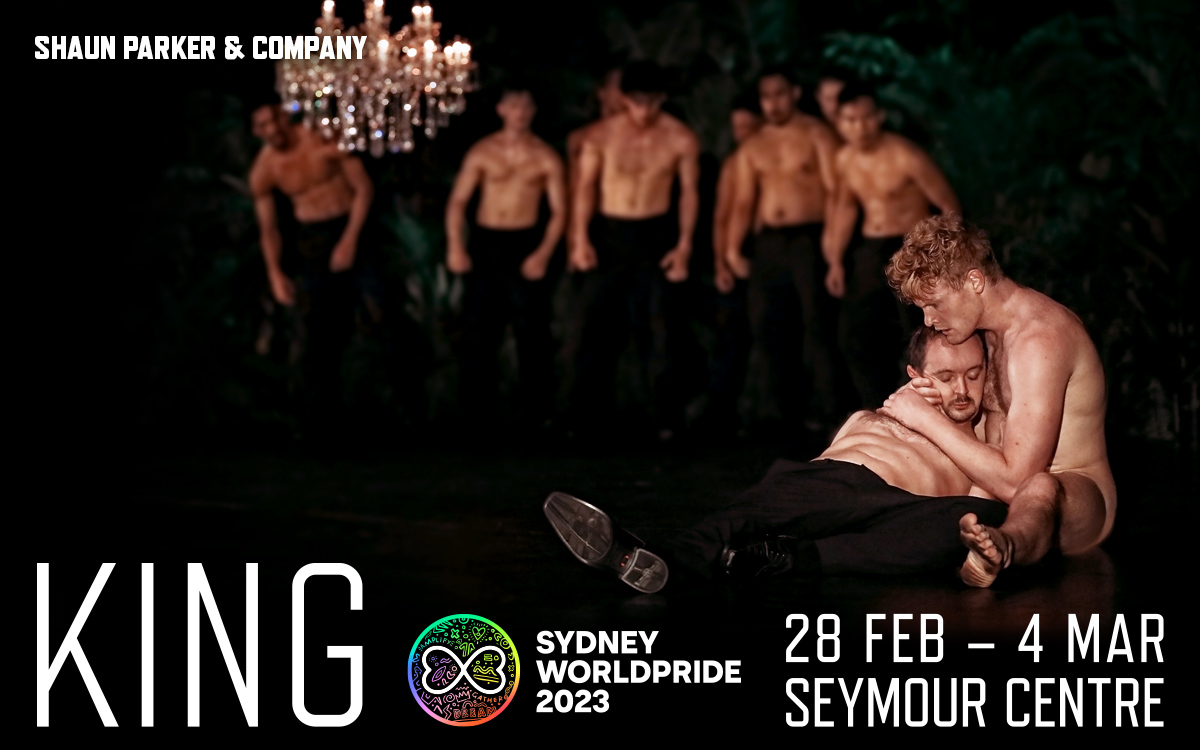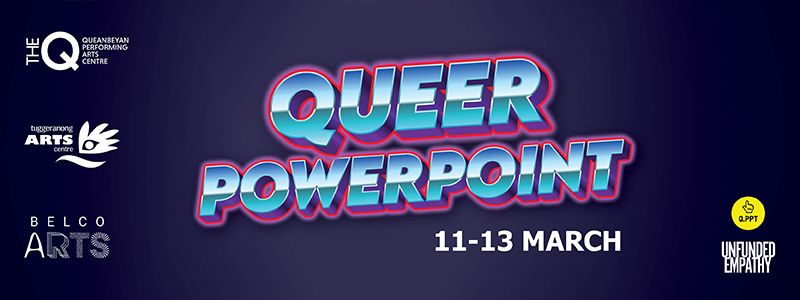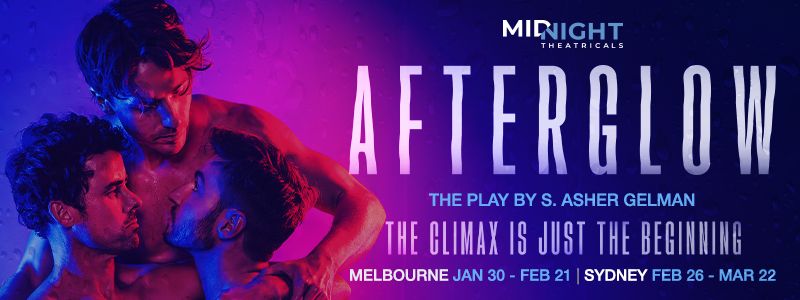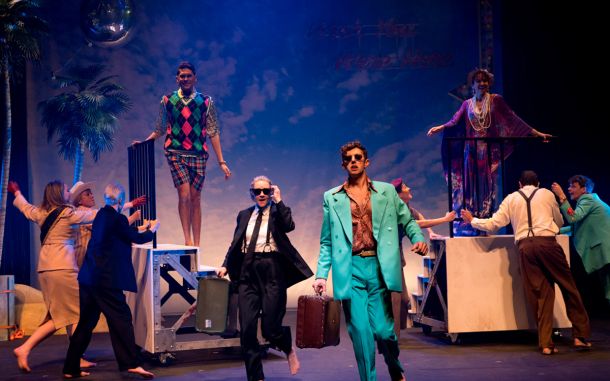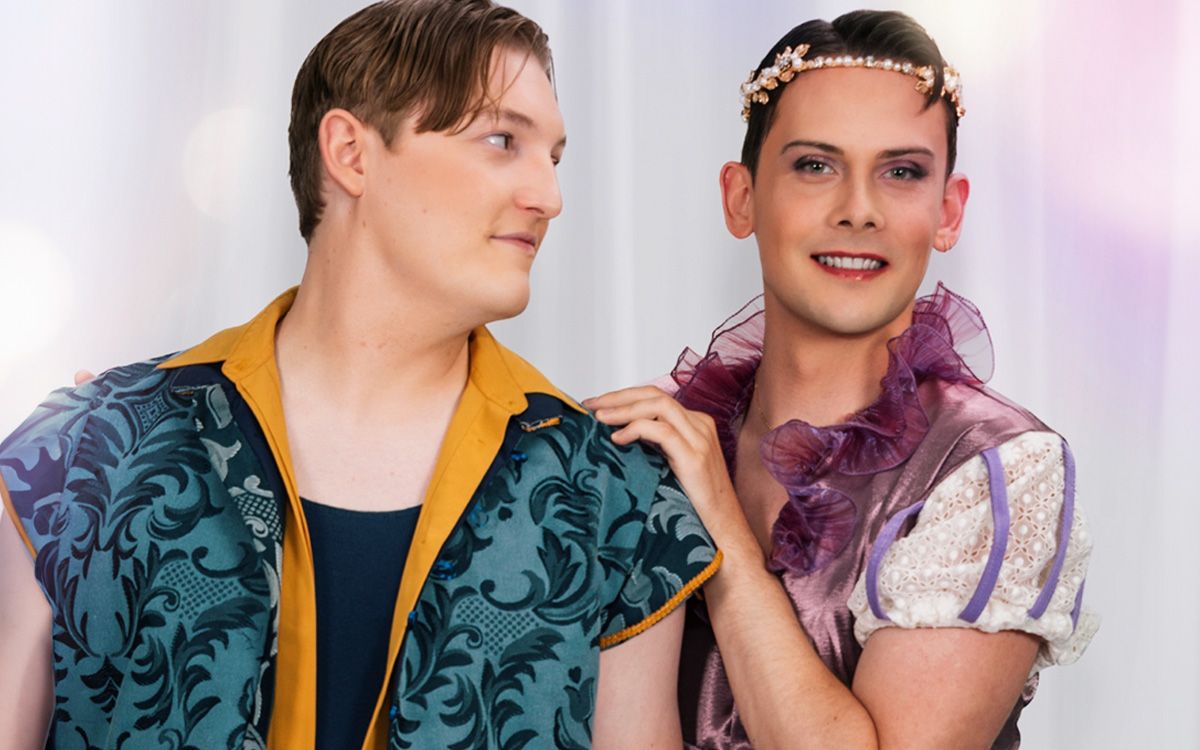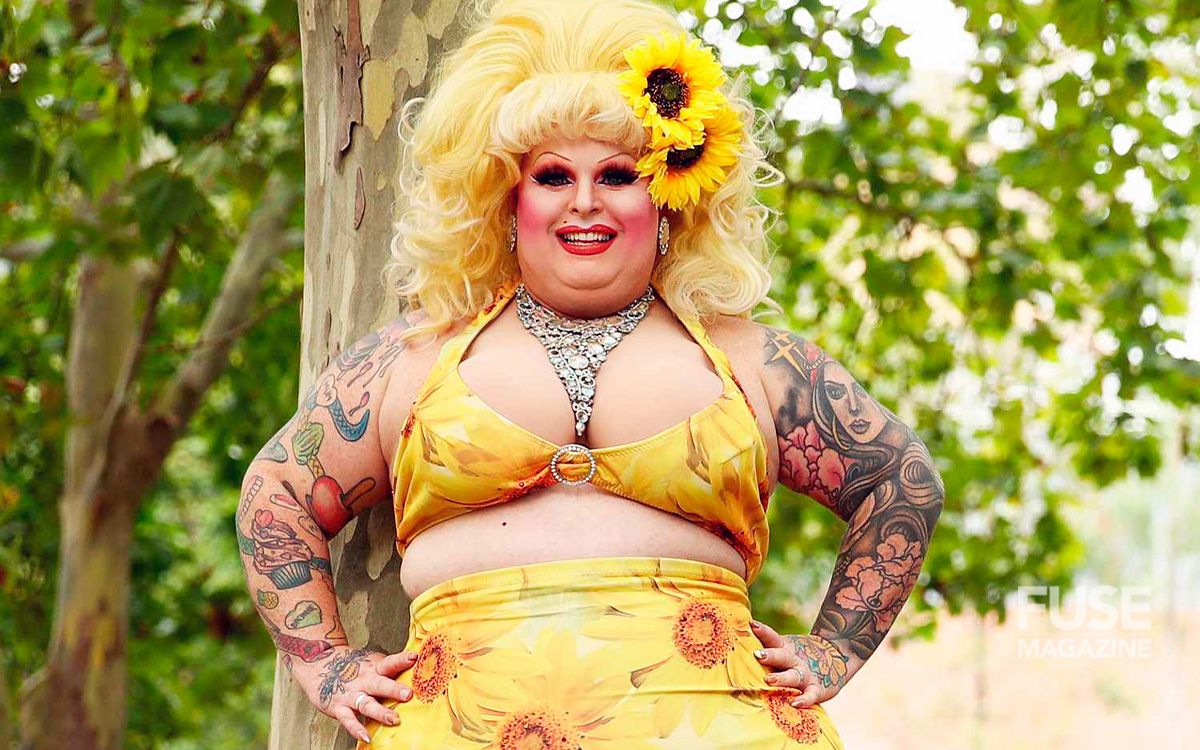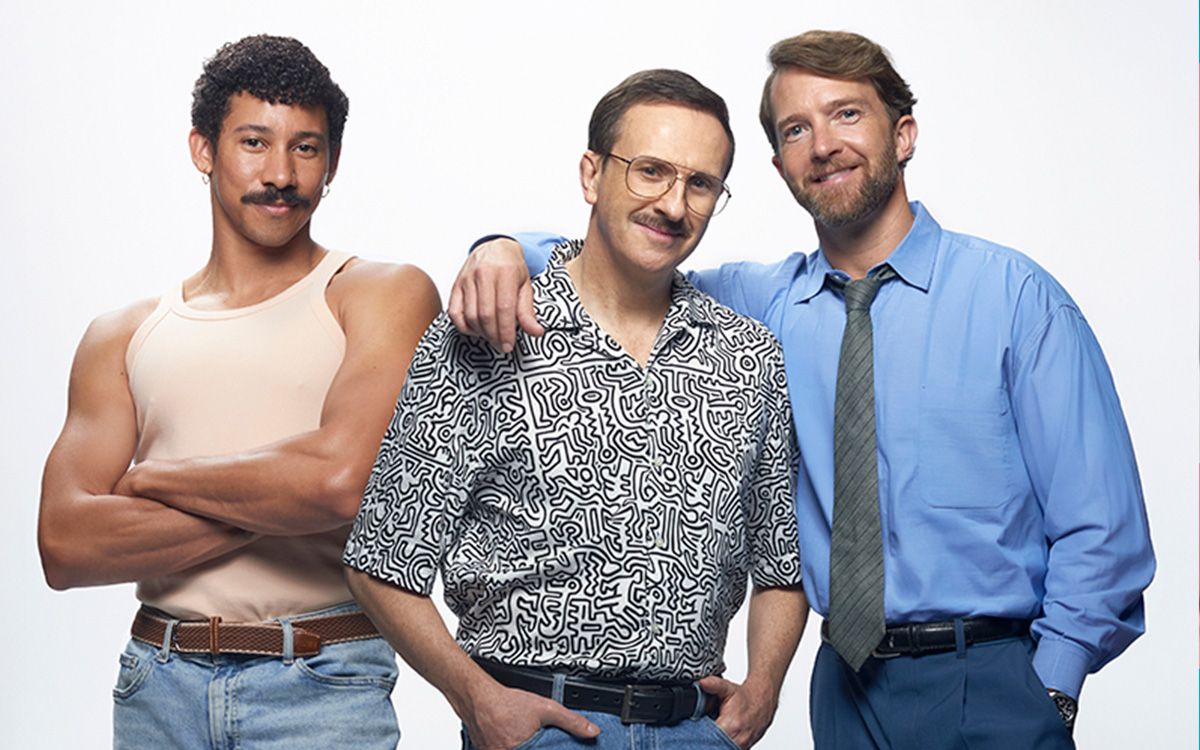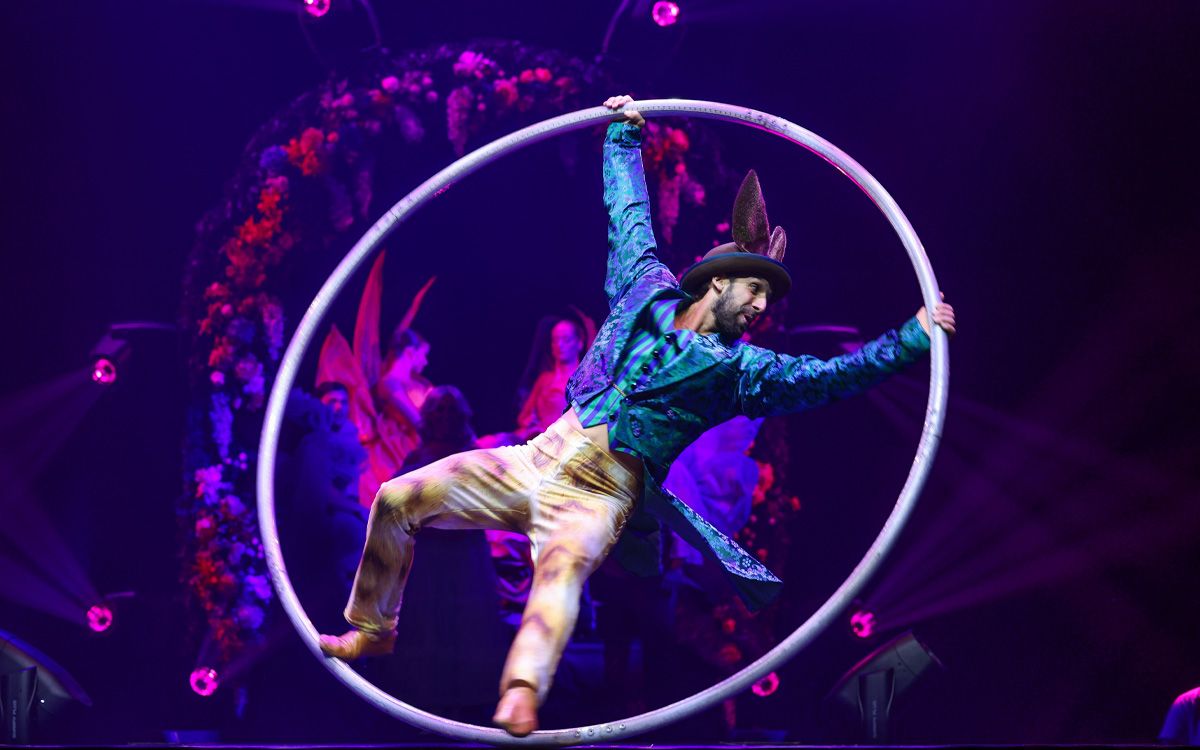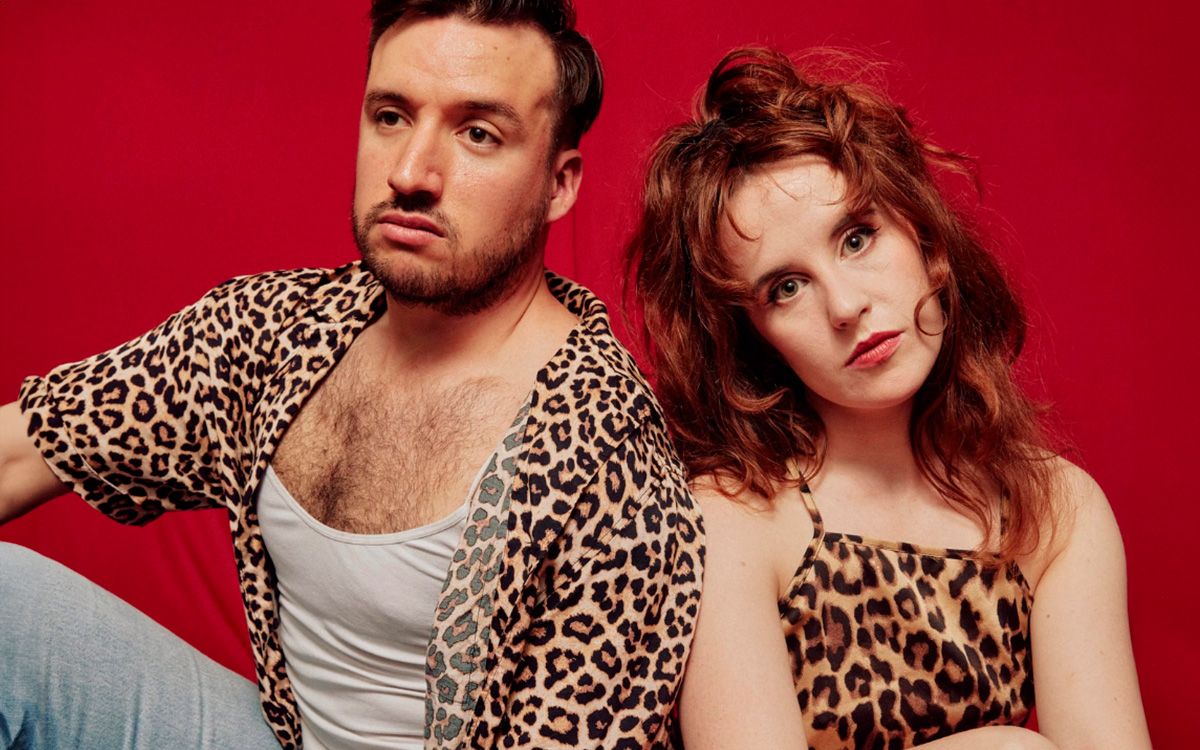KING is visually lush and stunning!

Set in a fantastical realm - part cocktail bar, part jungle - KING interrogates the power systems that oppress the natural development of male sexuality and identity.
Felicity Nicol sits down with director, choreographer and creator, Shaun Parker for a deep dive into the jungle-like cocktail bar setting of KING: Parker’s latest dance-theatre masterpiece, created in collaboration with internationally acclaimed Bulgarian singer-songwriter Ivo Dimchev, who performs his seductive score live on stage, in the role of cabaret crooner.
It is being hailed as the ‘must-see’ show of Sydney WorldPride Arts - Catch it at the Seymour Centre Sydney February 28 – March 4, 2023.
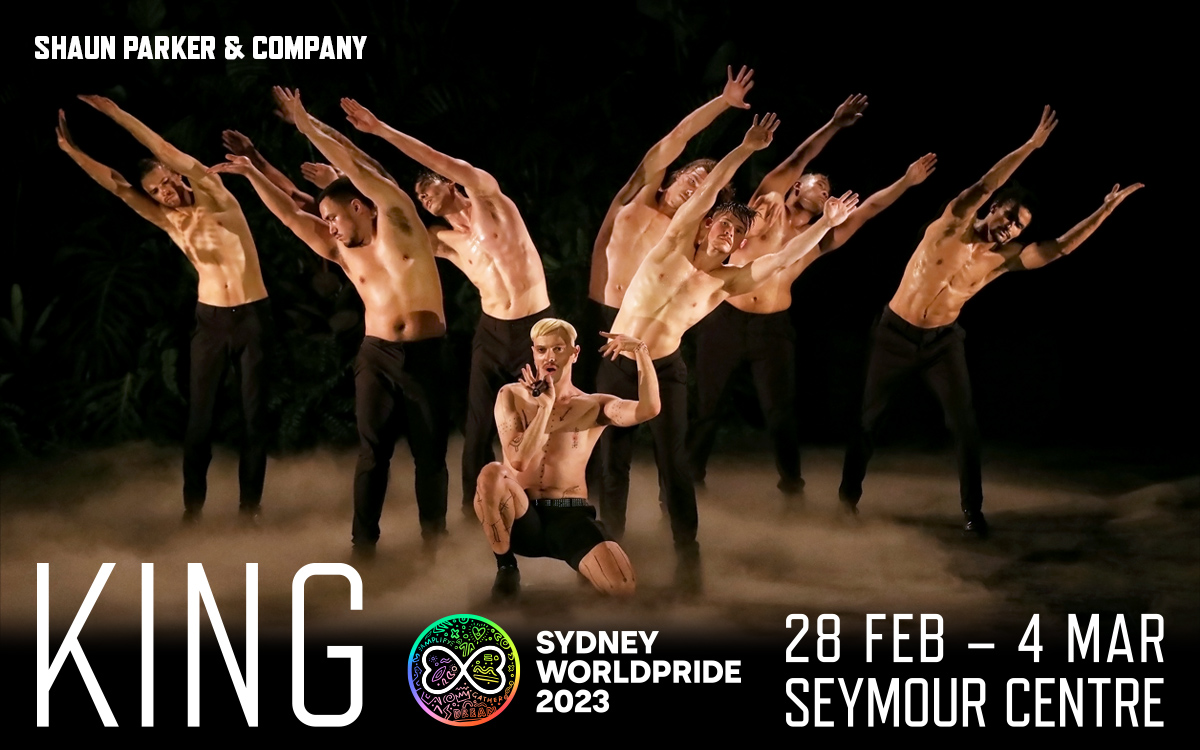
KING DEEP DIVE
Felicity:
KING is a work of layered meaning. We begin innocently enough, with a beautiful cabaret singer serenading us with a voice as velvet as the lush red curtain behind him. This opening image does not prepare us for the onslaught of ritual, war and rebellion that is about to commence, but then again - what can? What follows is a dense and playful dissection of what it means to be a man. From boy to man, gentlemen to cavemen, football, ballet, murder, madness and mayhem all play out with a healthy mix of cheek, humour and homoeroticism. How did it begin? Where did it come from?
Shaun:
Oh my, so many things. Well it was 2012 and I had just finished working on the production, AM I, and I had this question, this curiosity buzzing around my head. It was the XY chromosome. I did a science degree before studying dance and I can’t help but view things through a scientific and analytical lens. My anchor is often instinct, followed by research and analysis, and the XY chromosome intrigued me. If you’re born genetically male, it’s in every cell of your body. Meanwhile there started to be a huge rise of identity discourse on social media and the term “white male” kept coming up. As a white man I felt shame at all the examples - contemporary and historical - of power-mad, sex-crazed men being referenced. I did not want to add to the hate nor stand in defense.
I did not want to repeat the vitriol or blind post-sharing you see happening across social media, slave to the repetitive, self-serving and brain-washing repercussions of the algorithms. Instead I wanted to add to the discussion and look at men as a kind of species. So, I felt compelled to investigate more, on a more universal level, but born from the fact that I am a genetic male. The timing felt right to cast a spotlight on aspects of maleness through science and sexuality. Because it's all tied in together: power, succession, sexuality, identity, maleness. I also wanted to investigate my lived experience of being forced, sometimes ‘bashed’ by society to be a certain type of ‘boy’ growing up, which I found blocked me from discovering my authentic positive male identity and sexuality. These key aspects were the points of departure for the creative development of the work.
KING - GLOBAL TRAILER A from SHAUN PARKER & COMPANY on Vimeo.
Felicity:
KING debuted at Mardi Gras in 2019, take us through the journey of building this over seven years.
Shaun:
I originally held a one-week creative workshop with 15 male-identifying dancers. I came into the rehearsal studio with a strong instinctual idea and a real drive to explore the XY chromosome on a micro and macro level, supported by research and peppered with curiosity. By the end the five-day process I said to the dancers, “This stuff is awesome!” We were just laughing our heads off and the companionship between all of us was incredible. So we had this kind of proof of concept and then we needed to find the money to do it right! It took us the next several years to raise the money. The first year we had funding for a week of work on the production, the next year two weeks, then three, and another two years with five weeks each. During which we developed, experimented, questioned, played, and refined.
Felicity:
During this time Trump was also rising to power. How did this impact the work?
Shaun:
Hugely. I mean it’s definitely not about him, but we were already exploring the archetype of the tyrant in the work and here one was forming right before our eyes. It scared me how expertly he weaved division through fear and hate, and to see young and middle-aged white men morph into masses of rage and righteousness. So this, and the BS “Boys will be Boys” rhetoric were running parallel to creating KING and we would explore this in the rehearsal room. At the same time sensitivity, kindness, sexuality and sensuality were our counterpoints. This was essential for depth and rigor, and also to take care of the dancers. We weren’t there to say Men are Monsters.
Men, like everyone, are so many things. These dancers were diverse young men and I think at the time, most young men were grappling with themselves and what it means to be male during Trump and the rise of the alt-right. But there was a lot of laughter, a lot of seeing how ridiculous it is, and camaraderie. We became a really close group who supported each other, and I was proud to see this generation of young men grow so much. We still have so much work to do as society, but my goodness we have come a long way. Generation by generation, our young boys are being taught and guided on how to be their true selves and grow into good men. If we keep working to get this right, then it is a win-win for all of us.
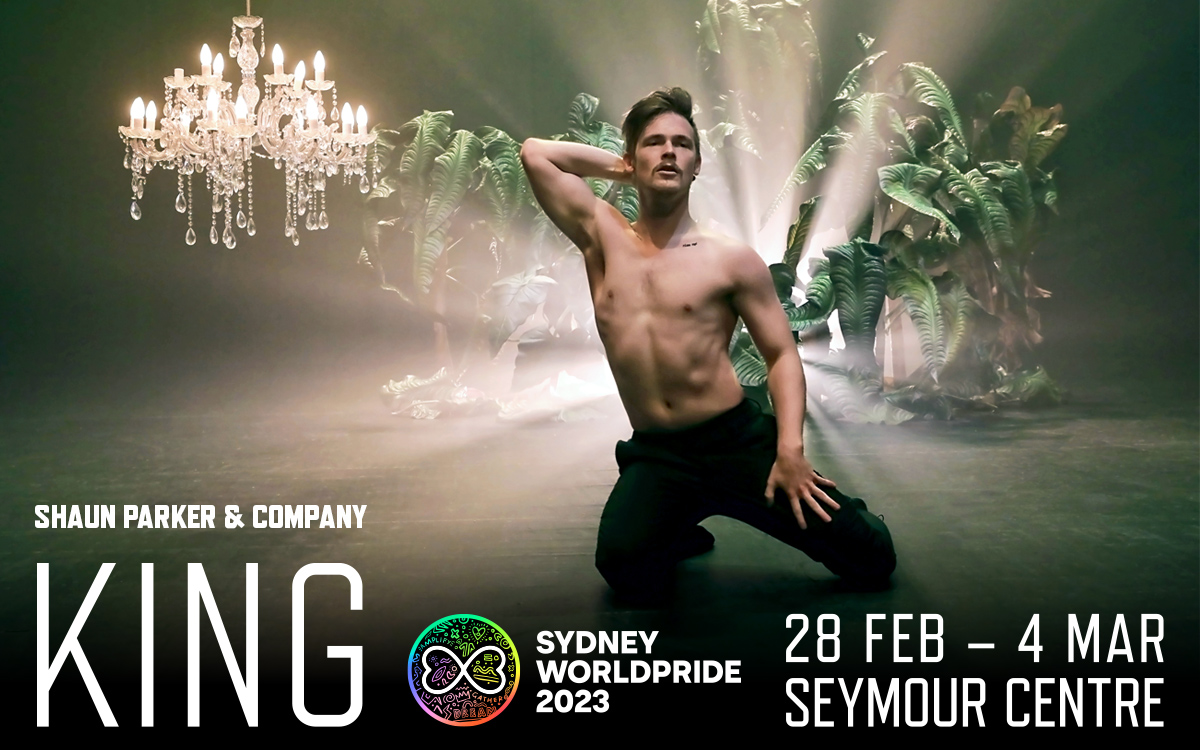
Felicity:
A continued feature of your work is diversity on stage. Not just cultural backgrounds, but body types and shapes, which is really rare in dance and physical theatre. Why is that important to you?
Shaun:
Perfect body ‘neo-classical’ dance is borne from a balletic colonial lens, not to mention a superficial preface. I mean, it's lovely, but we’ve seen it all before. It’s been done. We’ve seen it for centuries. I want to see a range of people because diversity is something that I find very compelling. It’s an opportunity to fall in love with all the different colors and shades of humanity. Diversity is in our DNA. Individuality is hot!
Felicity:
Was that your intention when casting KING?
Shaun:
More a deep authentic interest and driving instinct rather than intention. Diversity compels me - it’s just more interesting. It’s also a true reflection of the modern-day Australia. Within the cast of dancers we have Libby who is Filipino, Robert who is Ecuadorian, Sammy Maori, Manny Indonesian, and so on. We also have a beautiful representation of heights and body shapes: short, tall, some that look a bit more hyper masculine, some a bit more feminine, softer, more classically beautiful. To show all those different sides of maleness was important for me. No one is just one thing. I wanted to celebrate this complexity and individuality. Sure, I could have looked to cast the 10 dancers with the best six-packs in Australia, but that is not so interesting for me personally, and I think the audience gets tired of it pretty quickly.
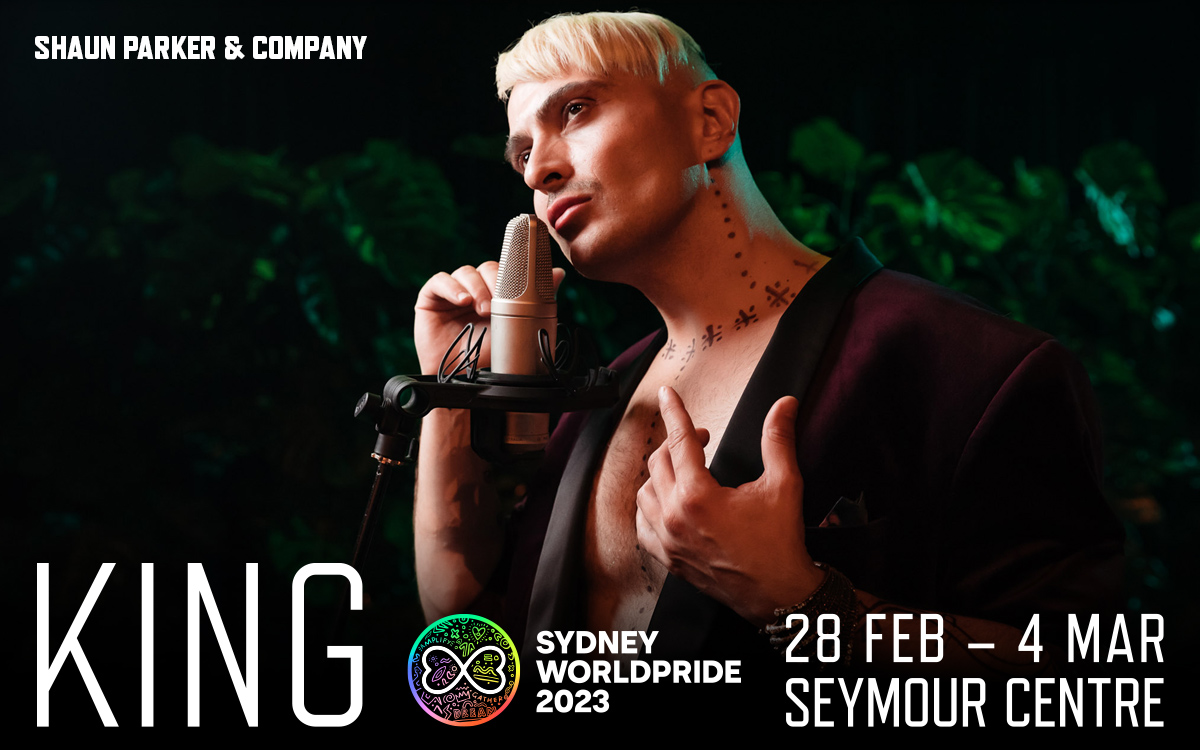
Felicity:
And KING definitely isn’t just one thing either. Tell me more about the layers of the work.
Shaun:
I never wanted the work to just have one linear narrative - it's a bit too obvious. So I explored societal politics, anthropology, evolution, boy to man, father's relationship with child, and homoerotic suppression. There's so much going on in society, all at the same time, so many influences. In creating the work I have tried to tie this all together with an overarching theme, in a way that it opens up doors of thought for the audience.
Felicity:
Is this something you’ve felt with your own gender expression or sexuality?
Shaun:
Absolutely. I grew up in a lower class setting in country town Mildura in the 70’s. As the youngest of three kids, I was small and skinny and I had a severe speech impediment, like I couldn't talk. And singing, dancing and speech and drama kind of cracked it. But Dad wouldn’t have a bar of it. He was loving up until I was about 10. But as I moved into my teenage years, because I stayed small and skinny, I could just feel the hate slowly directed towards me, and that I wasn't the man that he wanted me to become. He’d call me a skinny little girl. I was ashamed of myself from not being this archetype of ‘manliness’ so I suppressed anything within me that was feminine.
My Dad wasn't tall himself, but he was good looking. A mixture of de Niro and Pacino and women loved him, very charming, very handsome. And he was the boss, he was the king of the house. I mean it was the 70’s in country Victoria, an era where the Australian male had to be the king of their own domain. He was only concerned with my brother, the eldest, the first-borne and he trained him like an Olympian from the time he was about five. He would tell us you have to prepare for war on the playground. Fear was commonplace at the dinner table. Nothing was good enough either - anything less than perfection was worthless. But I try not to judge, to punish. Dad was doing his best, and he showed his love by providing a roof over our heads and ensuring that we had food.
It was the 70’s where strict modes of masculinity, femininity and sexuality were enforced. Such societal doctrines were policed by everyone that you knew, from parents, to school friends, to random people on the street. I was so afraid to defy the gender rules! Everyone has trauma and has to process it so there’s nothing productive about playing the victim. But it’s important to acknowledge, to process, to forgive.
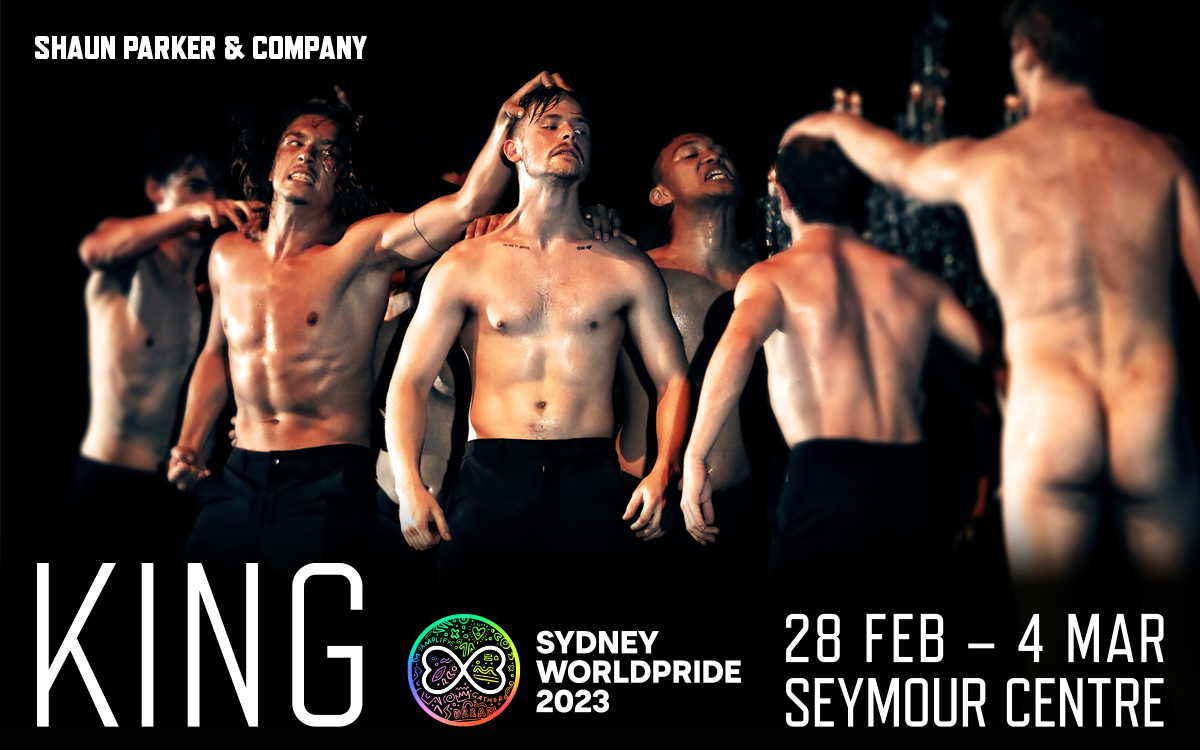
Felicity:
When did you suspect you were queer?
Shaun:
I was in grade four and I fell in love with my best friend Jared. But then I also fell in love with Fiona and it was very tragic as they ended up dating each other. Hahaha. So I've always been very bisexual but when I was younger it was mostly ‘girls, girls, girls’ and as I've gotten older my propensity towards guys has manifested more. And now I’d say I’m pansexual really. It’s always been the person first. You fall in love with the person. And yeah - in Mildura, that was just a no-go. It wasn’t safe. And there’s lots of people that didn’t make it out. Who are dead. When I was young I had to hide it, but because I sang and danced I’d get called “poofter” and “faggot” and “fruit.”
I remember I was eleven and these four boys bashed me and dragged me along the asphalt at the pool. I fought back, but it stays with you. Fifteen years later one of them tried to pick me up on the dance floor. Funny isn’t it? But I've never had an official “coming out.” Because I don't like that. I think it's really pressuring. But anyone who knows me, my life, it's obvious that I’m LGBTQIA+. A totally hetero person doesn’t have to have a ‘coming out’, so why should I?!! Basically, I am who I am.
Felicity:
Ivo Dimchev is such an incredible artist and adds so much texture and dimension to the work. How did the collaboration come about?
Shaun:
We had creative friends in common and I’d seen his work online and thought he was just brilliant. Such a beautiful voice. I was originally going to do the singing role and being a counter-tenor I was keen to explore this. But I felt it wasn’t quite right. One day after a grueling rehearsal, I came home and opened my laptop and something of Ivo’s flicked up on my social media and I was stunned! Ivo! It has to be Ivo Dimchev! So I contacted him on Facebook, even though I didn’t know him, and he said no. But I was determined so I sent him a highlight reel from rehearsals - our greatest hits of the choreographic scenes. And at this stage I’d been choreographing without music which is so risky. Anyway - he loved it. He said yes straight away! And then he embarked on creating with his little keyboard a series of songs, inspired by those rehearsal seeds. And a couple of times, he stayed up all night in a sort of creative, you know, fervor. It was wonderful. All these love songs emerged, forming sort of quite a beautiful counterpoint to what has tried to be oppressed. To have the love songs in there against that violence was a really compelling counterpoint for us. Then we worked through which ones resonated, and how to layer them in and the songs kind of told us. The songs told us which ones belonged in the show. Ivo’s voice is like no other! I often think of him as the love-child of Elvis and Freddie Mercury! Ivo’s voice is stunning. It has a healing quality.
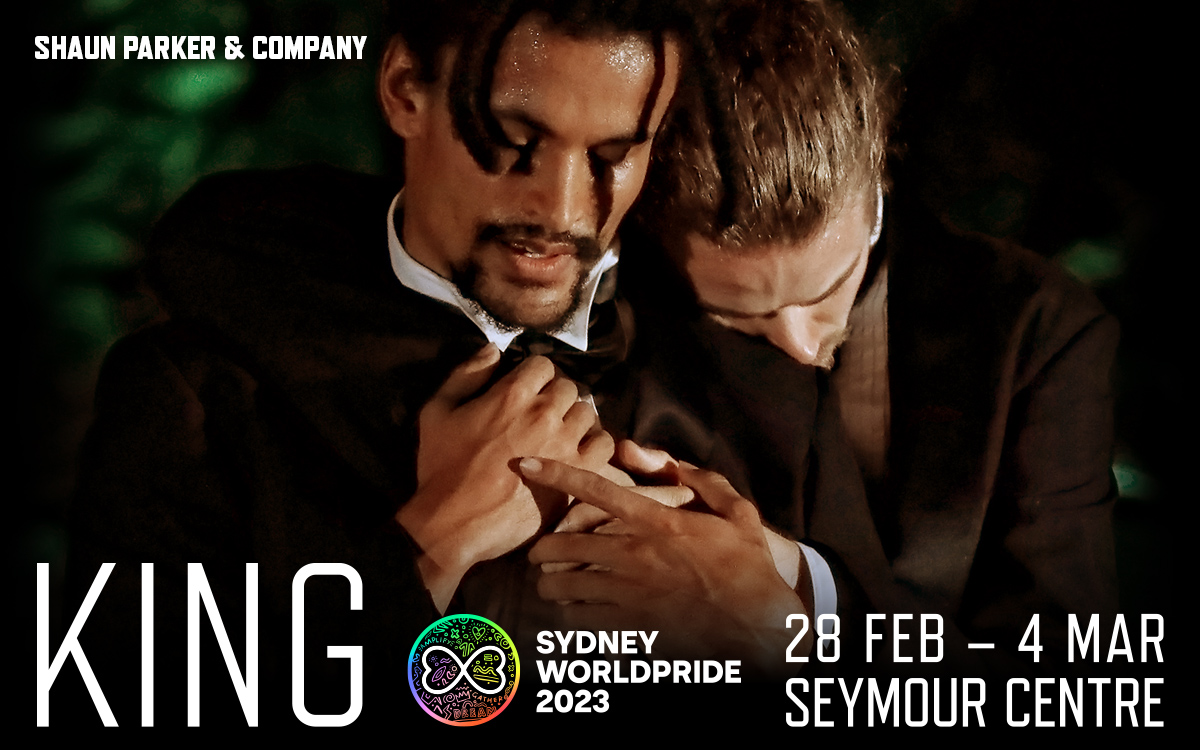
Felicity:
What do you want audiences to take away from the show?
Shaun:
So many things! Firstly of course, an exceptional experience. I want everyone to be blown away by the show, the performance, the dancers, Ivo and his incredible music. I also hope that the themes explored in KING strike a chord for those who have a different lived experience. Some of our audience will be personally familiar with these themes but for those that aren’t, I would love for them to leave the show with a new awareness, to seek opportunities to nurture change, and ultimately to help us all to create a better and kinder world, where we can all develop into our own true selves, without fear, hatred or persecution, and outdated expectations that can have devastating consequences.
Felicity:
Thank you Shaun for a wonderful interview Here are my thoughts after watching the show!
KING is a powerhouse of relevance and revelations of what it means to be a man. The 10 dancers are incredible! This hard-hitting dance-theatre piece is a must-see of the global Sydney WorldPride Arts program. From lights, to set and sound, Parker has dissected, played with and reassembled all fragments of masculinity, identity and sexuality. Ivo Dimchev is a superstar!
With original songs and lyrics, his mischevious performance is a delight and his voice sooths something deep and dark we didn’t know was there.
KING echoes Stanley Kubrick, Peter Greenaway and Shakespeare, adding a sense of searing timelessness. Shaun Parker & Company have created an elevated, sexy, cheeky and impactful masterpiece. Do not miss it!”
KING is being hailed as the ‘must-see’ show of Sydney WorldPride Arts - Catch it at the Seymour Centre Sydney February 28 – March 4, 2023.
